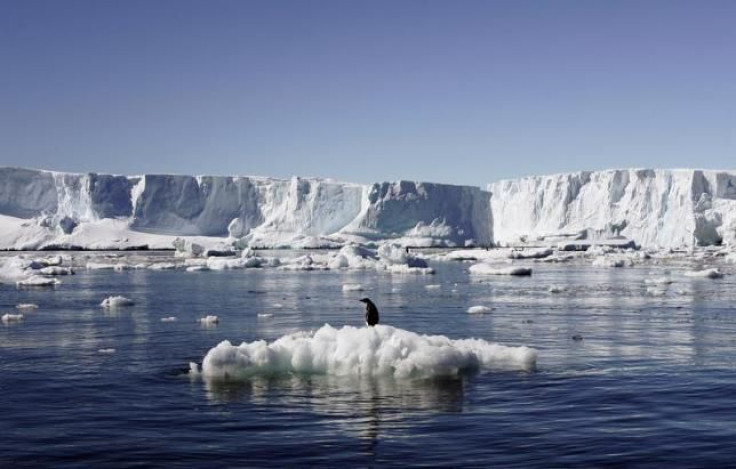NASA claims Antarctic has been cooling despite global warming

Overall temperature has dropped in the Antarctic region, according to NASA’s intensive study. Mass gains of the Antarctic ice sheet has also been reported in October.
"Field data suggests that there’s been a modest cooling in the area over the 2009–2015 time period,” said Christopher Shuman, a glaciologist at the University of Maryland. “Images collected during that time by the Moderate Resolution Imaging Spectroradiometer on the Terra and Aqua satellites show more persistent fast ice (sea ice that is attached to the shore) in the Larsen A and Larsen B embayments.”
However, Shuman argues that the drop in temperature is still not enough to keep all the glaciers from melting. Moreover, NASA’s Operation IceBridge, an airborne survey of polar ice, shows that large glaciers continue to lose mass despite the cooling and the build up of sea ice.
The agency claimed that the snowfall that began 10,000 years ago has been slowly adding up on the ice sheet and compacting into solid ice, thickening the ice in East Antarctica and the interior of West Antarctica. This gradual thickening over thousands of years resulted to a very large mass of ice.
“Our main disagreement is for East Antarctica and the interior of West Antarctica,” said Jay Zwally, a glaciologist with NASA Goddard Space Flight Center in Greenbelt, Maryland, the Christian Science Monitor notes. “We see an ice gain that exceeds the losses in the other areas.”
"It can be boiled down to this: temperatures of the Earth’s three big fluid systems are each trending in different directions,” suggested James Kamis, a geologist, the Daily Express reports. “The temperature of the Pacific Ocean is rising, the temperature of the atmosphere has remained constant, and the temperature of the Atlantic Ocean is cooling."
Zwally adds that in 20 or 30 years, the losses of ice in Antarctic Peninsula and other parts of West Antarctica will catch up with the gain seen in East Antarctica if both rates continue to increase equally. When this happens, even huge snowfalls are not enough to counteract the consequences.
Sceptics claim that these announcements could dismiss the myth of man-made global warming. They insist that human industrialisation does not have a huge impact on the global temperature. Hence, the whole issue will be discussed at the incoming 2015 United Nations Climate Change Conference in Paris, from Nov 30 to Dec 11.
Contact the writer at feedback@ibtimes.com.au or tell us what you think below






